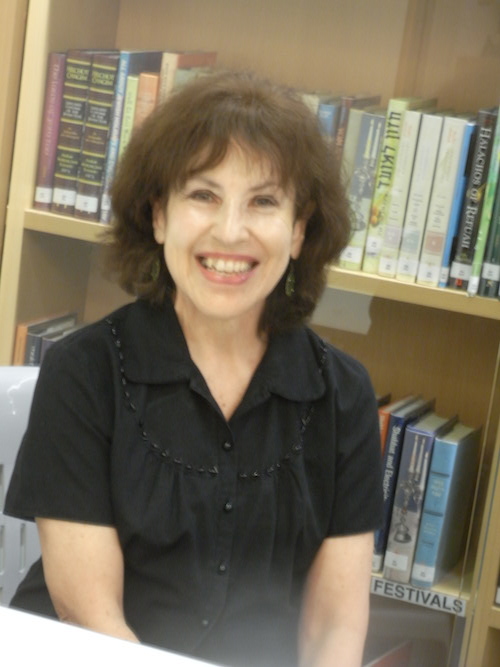Final Preparations
14/09/2012 10:55:34 AM
| Author | |
| Date Added | |
| Automatically create summary | |
| Summary |
We conclude the series of guidelines to help you get the most from your Shul experience this Yom Tov
Although the central theme of Rosh HaShana is
G-d's sovereignty over the entire world, Rosh HaShana is also the Day of Judgment. In the Talmud we are told that three books are opened on Rosh HaShana and Yom Kippur, and that our fate for the forthcoming year is decided at this time. To reflect this, various additions to the Amida have been instituted.
This blessing speaks of G-d's kingship. The most ancient prayer in this section is the Aleinu, attributed to Joshua ben Nun. Although since the fourteenth century it has been recited at the conclusion of every service, it was originally only said in the RoshHaShana Musaph Amida.
d) The ram's horn reminds us of Abraham's readiness to sacrifice his beloved son Isaac for the sake of G-d. In the end, he brought a ram as a sacrifice instead.
Thu, 19 June 2025
23 Sivan 5785
Contact Us:
Today's Calendar
| Shacharis : 6:30am |
: 9:28am |
: 4:55pm |
: 5:21pm |
This week's Torah portion is Parshas Sh'lach
Candle Lighting
| Friday, Jun 20, 4:36pm |
Havdalah
| Motzei Shabbos, Jun 21, 5:35pm |
Shabbos Mevarchim
| Shabbos, Jun 21 |
Full Calendar Here
Happy Jewish Birthday!
Thursday 23 Sivan
- Hadassa Kaplan
- Raphael Grossman
- Tova Racheli Ray
Friday 24 Sivan
- Benjamin Weiss
Saturday 25 Sivan
- Batya Lepar
- Max Nightingale
- Neta Rothman
We wish "Long Life" to:
No lifecycles today
Halachik Times
| Alos Hashachar | 5:39am |
| Earliest Tallis | 6:10am |
| Netz (Sunrise) | 6:59am |
| Latest Shema | 9:27am |
| Zman Tefillah | 10:17am |
| Chatzos (Midday) | 11:56am |
| Mincha Gedola | 12:21pm |
| Mincha Ketana | 2:50pm |
| Plag HaMincha | 3:51pm |
| Shkiah (Sunset) | 4:53pm |
| Tzais Hakochavim | 5:21pm |
| More >> | |
South Head Catering

South Head Catering is well and truly on the map! What began as a small initiative to provide a little variety and some new options by the South Head Ladies Guild has turned into a highly successful venture with people absolutely raving about the service and products on offer.
Want to know more? Want to help out and volunteer? Visit our Catering page.
Mikvah Aziza
Mikvah Aziza at 662 Old South Head Road, Rose Bay has re-opened.
Please click here for details:
South Head Library
 Welcome to the Sandra Bransky Library & Youth Synagogue, located on the first floor and including the Beit Midrash. Drop in any Sunday morning between 9 - 11am.
Welcome to the Sandra Bransky Library & Youth Synagogue, located on the first floor and including the Beit Midrash. Drop in any Sunday morning between 9 - 11am.
I look forward to helping you get the most out of our beautiful world of books at South Head.
Sylvia Tuback, South Head Libarian
southheadlibrary@gmail.com
SH'LACH
Rose Bay, NSW 2029
(02) 9371 7300
Privacy Settings | Privacy Policy | Member Terms
©2025 All rights reserved. Find out more about ShulCloud



